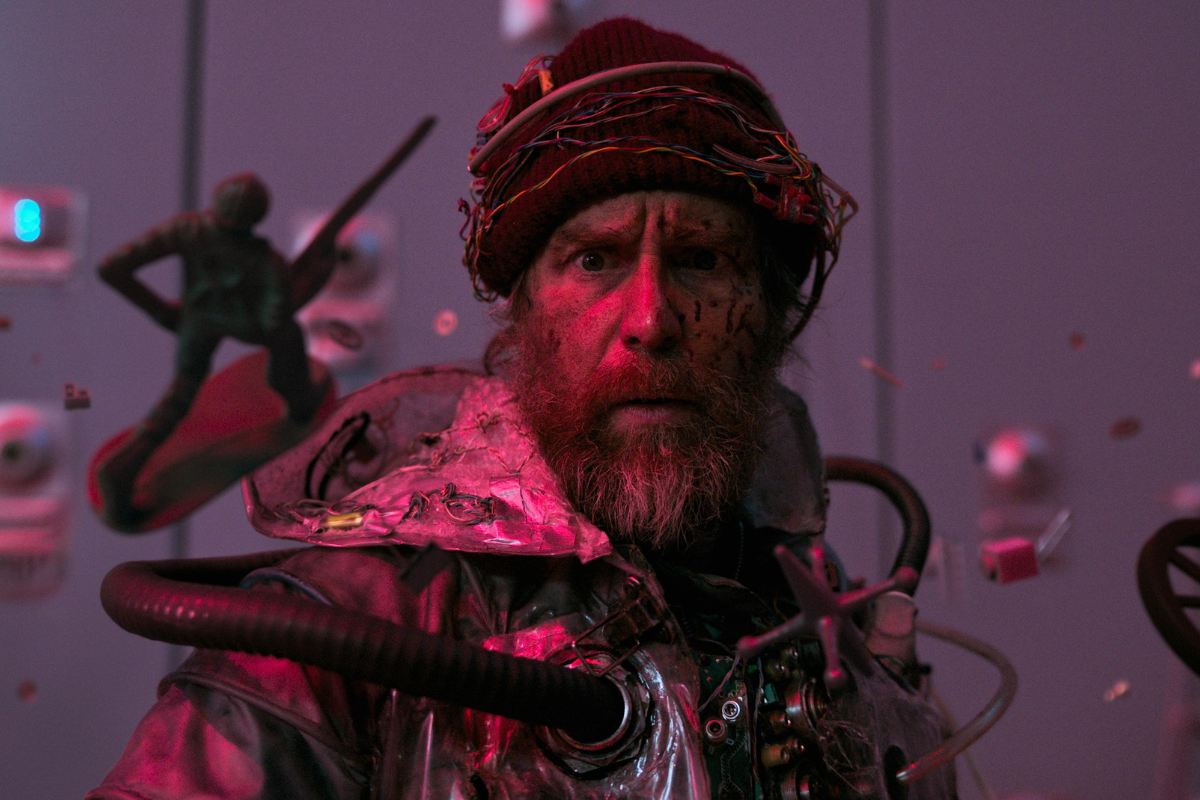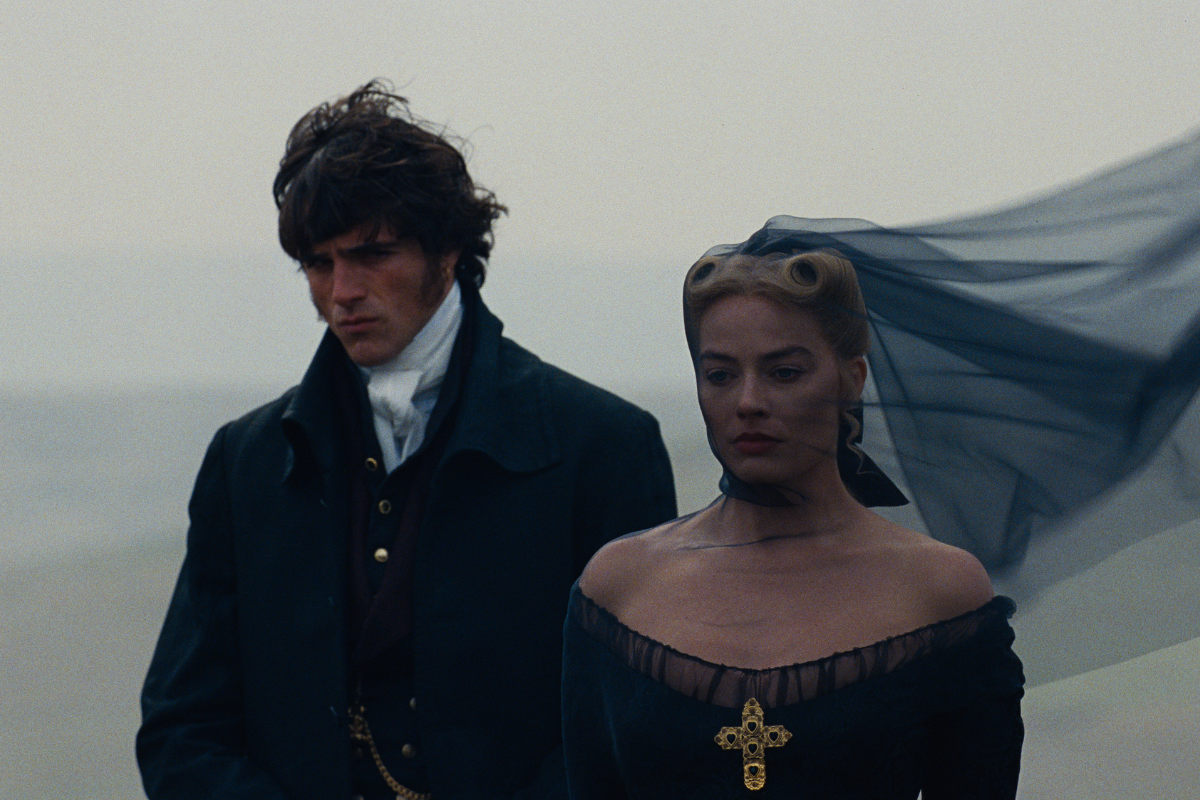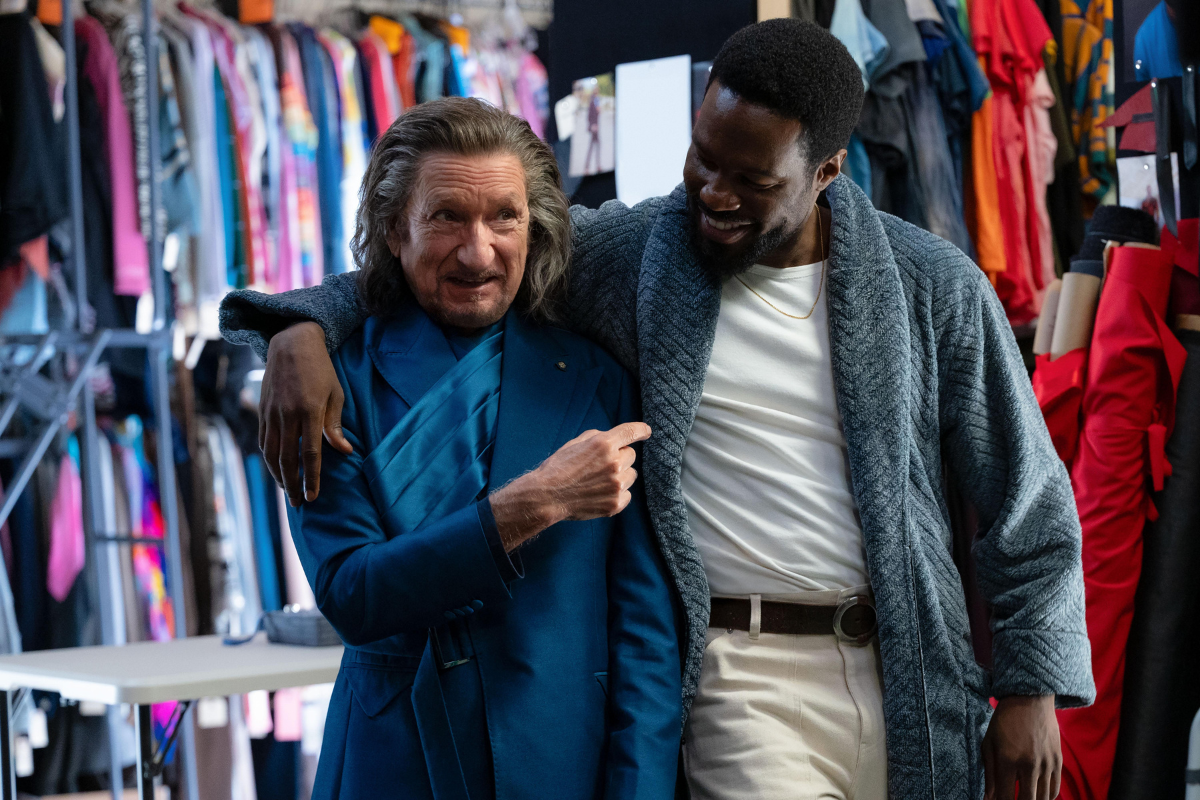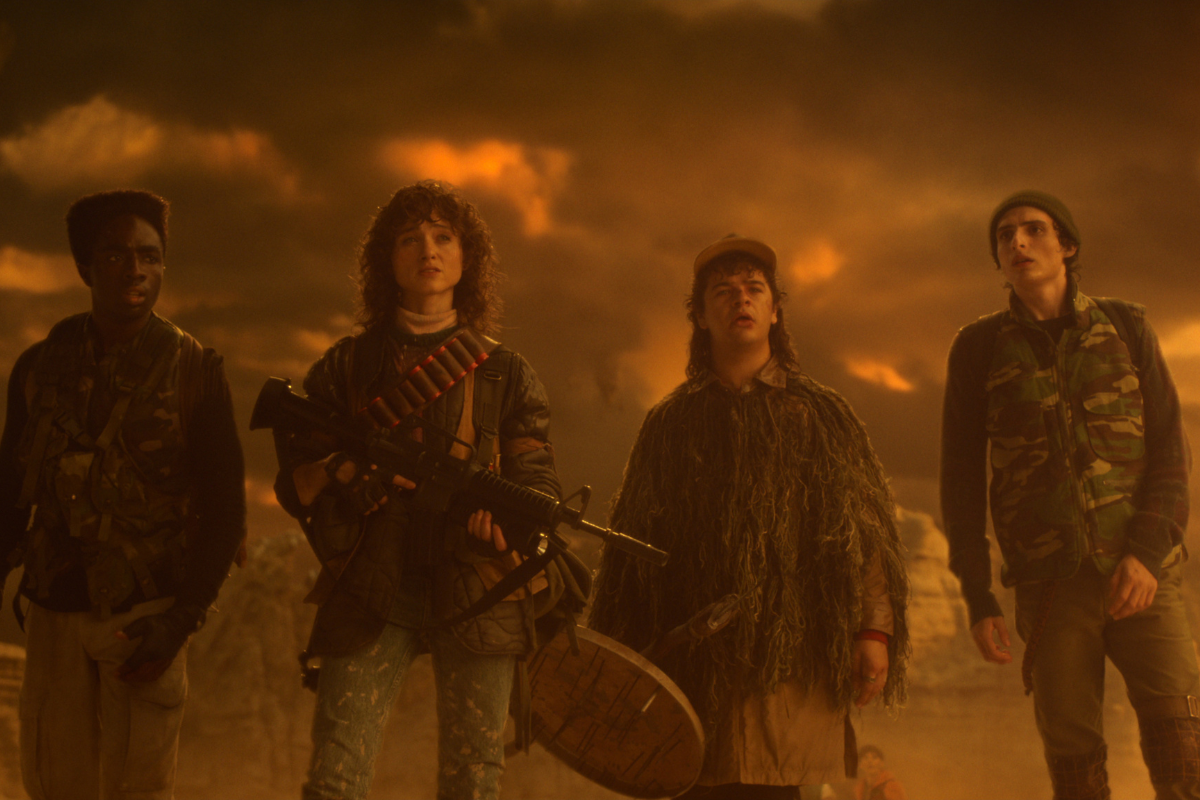‘Hamnet’ Review
A Tragedy That Breathes, Breaks, and Brings You to Your Knees
Chloé Zhao's Hamnet begins with a simple promise. Keep your heart open. By the end of its two-hour journey, that heart will be shattered, rebuilt, and cracked open again in ways that feel deeply human and intensely cinematic. Adapted from Maggie O’Farrell’s novel, this film is not a reenactment of Shakespearean lore or a behind the scenes look at the creation of Hamlet. It is instead a visceral meditation on parenthood, loss, and the mysterious alchemy through which tragedy becomes art. If Nomadland was Zhao’s soulful drift across an America filled with quiet longing, Hamnet is her plunge into emotional depths that are both intimate and mythic.
If you ask me to name two of the finest young actors working today, two performers who could make me cry with shocking ease, I would immediately say Paul Mescal and Jessie Buckley. Both have demonstrated again and again that they can reach a place of emotional truth that feels almost telepathic. I have cried through their individual work, but together they form something nearly overwhelming. Buckley and Mescal are unbelievable here. The sorrow that pools in their eyes, the raw ache that trembles in their voices, the way their bodies carry the weight of grief that cannot be expressed in words, all feel torn from the deepest corners of lived experience.
The story is rooted in speculation, but it never feels speculative. It imagines how the death of William and Agnes Hathaway Shakespeare’s only son might have shaped the creation of Hamlet. Yet Zhao wisely refuses to turn this into a neat origin story. This is not Shakespeare in Love. This is not a scavenger hunt for winks at future plays. There are small nods, like Will jotting down early lines of Romeo and Juliet after his first kiss with Agnes, or the children playacting as the witches from Macbeth, but none of it feels like narrative elbow nudging. The film draws its power from something far more complex than recognition. It emerges from the liminal space between intention and response, between creation and consequence, between a husband and a wife who love each other fiercely yet cannot seem to step into the same emotional room at the same time.
One of the most striking qualities of Zhao’s approach is how she treats grief not as a plot point but as a lived ecosystem. Hamnet’s death becomes the axis around which the film rotates, but Zhao never exploits the tragedy. She does not wallow. She observes. She listens. She watches how a family rearranges itself around an absence. How silence takes on new shapes. How sorrow becomes a language that parents speak differently even when they are describing the same event. This is a film that understands that to have a child is to place your heart inside another person’s body. To lose a child is to have that heart swallowed by the world.
This emotional intensity is anchored by astounding performances from every member of the cast. There are going to be countless conversations about Jessie Buckley and Paul Mescal, and every one of them will be warranted. Buckley gives a soul shattering performance that ranks among her best. There is something elemental about the way she grieves. She is tender, feral, intuitive, exhausted, and unbreakable all at once. Mescal continues his relentless pursuit of playing the saddest and most broken men alive, and this might be his magnum opus. His Shakespeare is not a mythic genius but a man of bruised pride and enormous love who proves incapable of saving the people he cherishes most. Even when he is absent, his presence is felt in quiet gestures, in the ache of unwritten letters, in the fear that he might be losing the family he longs for but cannot remain beside.
Yet the performances do not end with the adults. Jacobi Jupe delivers one of the best child performances in recent memory. There is a clarity in his eyes, a gentle bravery in his choices, and a sense of spirit that lingers in the air long after he disappears from the frame. He is magical and sincere. He left me devastated. Noah Jupe also has a significant moment that arrives like a lightning strike. It is a brief sequence but deeply affecting. The Jupe brothers together remind us of how fragile and luminous childhood can be.
Zhao’s craft is as deliberate as it has ever been. She orchestrates every scene with precise intuition. The pacing is unhurried, allowing moments to bloom slowly, almost ritualistically. Lukasz Zal’s cinematography is breathtaking. The woodland imagery in the first half carries a fleeting beauty that ripples with foreshadowed pain. Light filters through trees as though Agnes herself is tethered to the land. Soil appears everywhere, not as decoration but as metaphor. It lives beneath fingernails and clings to hems and fills the spaces where words fail. This deep connection to the natural world becomes Agnes’s spiritual spine. She is often dismissed as a forest witch by those who do not understand her, but Zhao frames her communion with nature as a source of strength rather than superstition.
Max Richter’s score is extraordinary. Even the familiar pieces feel reborn here, filled with new anguish. The music amplifies every gesture, every breath, every stifled sob. Some might argue that the score does too much of the emotional lifting, especially in the darkest moments, and there were times when the intention behind the sound cues felt a touch transparent. I could sense Zhao urging me to feel rather than allowing me to surrender naturally. Yet even when I noticed the push, I still gave in. By the time the final sequence arrives, the film earns every tear it draws from you.
The ending is a marvel, not because it is surprising but because it is inevitable. The transmutation of personal grief into public art becomes the film’s emotional crescendo. Watching Agnes witness an early staging of Hamlet feels like being split open by beauty and hurt at the same time. Buckley barely speaks in the last half hour, yet her face becomes an entire epic poem. Relief, rage, recognition, pride, bitterness, and finally an exhausted acceptance ripple across her features without a single word. The moment she realizes that the entire world will mourn her son forever is almost unbearably moving. It is the healing power of art made visible.
There will be viewers who feel held at a distance through parts of the film. Zhao’s touch can feel deliberate to the point of self-consciousness, especially in the first half. Some may describe it as punishing or overly solemn. Yet the final act pulls everything into alignment. It is here that Zhao reaches her most confident and intuitive filmmaking, revealing the purpose behind every quiet image, every long pause, every composition that seemed too still to matter.
Hamnet is not a retelling of Shakespeare’s life. It is a cinematic ritual. It is grief made into light and shadow. It is art made from the impossible task of surviving the unimaginable. Buckley and Mescal give two of the finest performances of this year, and Zhao proves once again that she can find epic truths in intimate spaces. This film broke me, but it also left me strangely uplifted, as if some hidden part of myself had been excavated and gently returned.
Keep your heart open. This film will take care of the rest.
Hamnet releases in Theaters nationwide on November 26, with a worldwide release on December 12.







